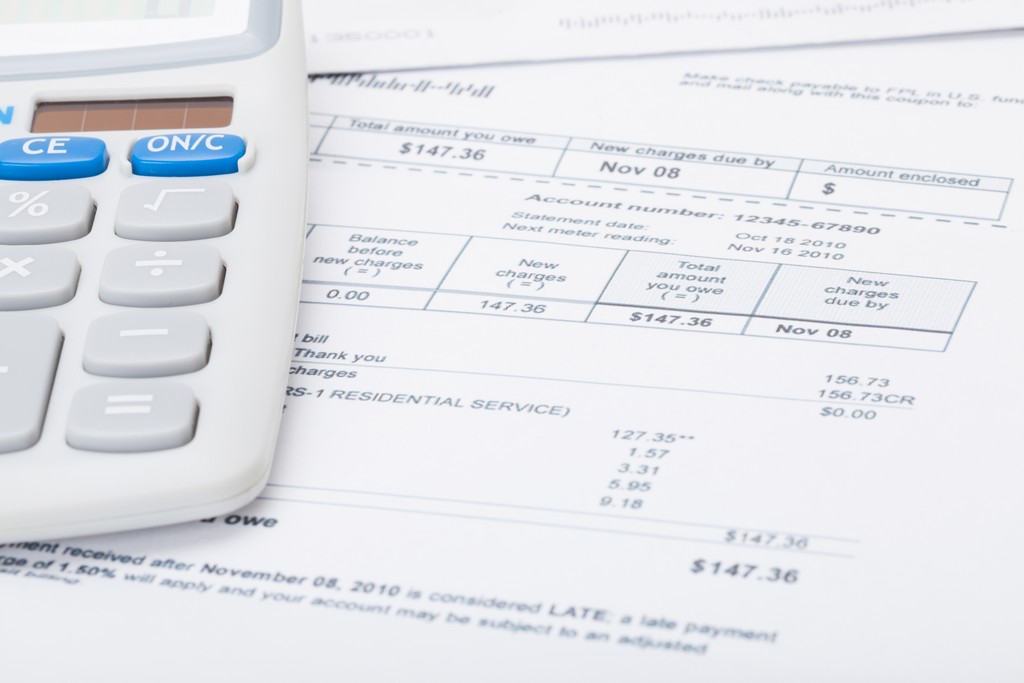RCOA to create “competitive pressure” and lower power rates – MAP
- December 15, 2017
- 0

MAP is pushing for the full implementation of the RCOA to assure consumers are protected from higher power rates.
“Under RCOA, consumers will be allowed to voluntarily purchase electricity from the producer of their choice. This forces power suppliers to compete with each other for power supply contracts,” MAP said in a statement.
RCOA will create competitive pressure to reduce the power costs to customers, and it has already been felt with the partial implementation of the scheme.
“In the case of customers who consume one megawatt of peak demand, power producers are already competing with each other for supply contracts by improving reliability and, more importantly, offering a lower price.
“Today, a typical rate paid by a contestable customer is approximately P4.00 per kwh, or 14 percent less than the average rate of P4.67 per kwh paid by an ordinary customer. This lower rate is a direct result of increased competition under RCOA,” s per kilowatt hour (kwh),” the company added.
Earlier, Senator Sherwin Gatchalian said that the implementation of the RCOA can relieve the projected impact of higher coal taxes brought about by the Tax Reform for Acceleration and Inclusion (TRAIN) bill.
“As long as open access is voluntary, lowering the eligibility threshold does not put the consumer in any disadvantage, because he still has the option to remain under ERC-regulated tariffs until he receives a favorable offer from competing suppliers,” MAP said.
On Wednesday, the Senate and House of Representatives have ratified the TRAIN bill including a compromise tax rate of P150 per metric ton on coal that will be divided into tranches over the next three years upon enactment.
In the ratification, the excise tax on coal would be P50 per metric ton in 2018, P100 in 2019, and P150 in 2020, versus the “100-200-300” scheme, filed earlier.